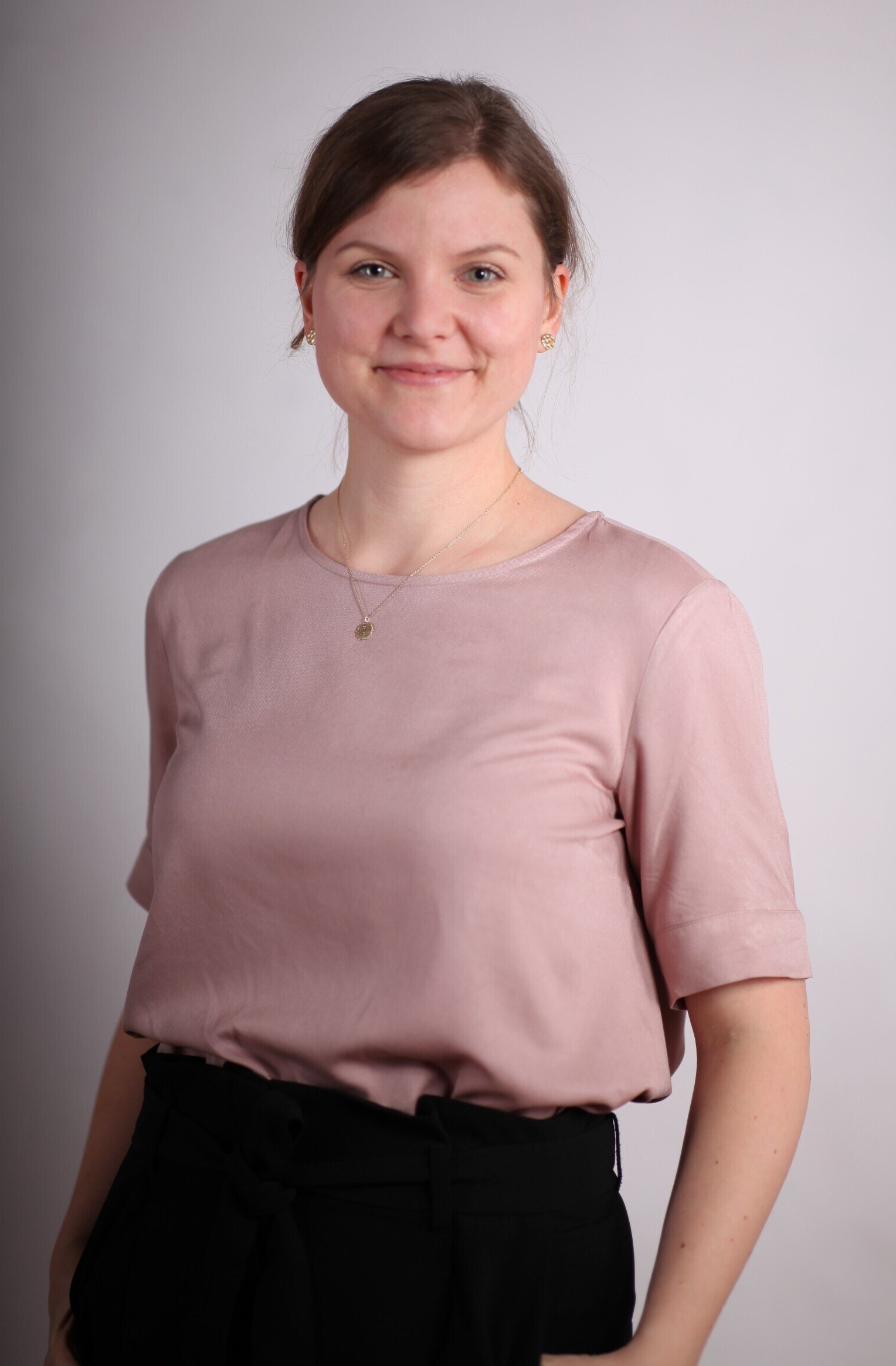Dr. Gudrun Kaiser
Psychologist & Psychotherapist (CBT)
I am from Germany and have been living with my husband and our two daughters in Belgrade since 2022, from where I work online with clients worldwide.
After finishing my Masters Degree in Psychology, I worked at the university next to my training as a psychotherapist and conducted research in the field of behavioral medicine. This characterizes my work to this day: I regard body and psyche as a unit, which are mutually dependent and can therefore be both restricted and developed.
Accordingly, one focus of my work today is the support of people who suffer physically. The physical suffering can be diverse - from chronic pain, tinnitus, sleep disorders to panic attacks and fears.
As a licensed psychotherapist, I draw on well-founded knowledge from practice and theory, continue to educate myself and remain scientifically connected to the university. I am a member of the German Psychotherapist Association (DPtV) and registered in the medical register of the Berlin Association of Statutory Health Insurance Physicians.


In addition to various publications in scientific journals, I am a co-author of the guide to premenstrual syndrome ("Ratgeber Prämenstruelles Syndrom"), which is published by hogrefe.
Here are more details on my professional background and my scientific publications:



